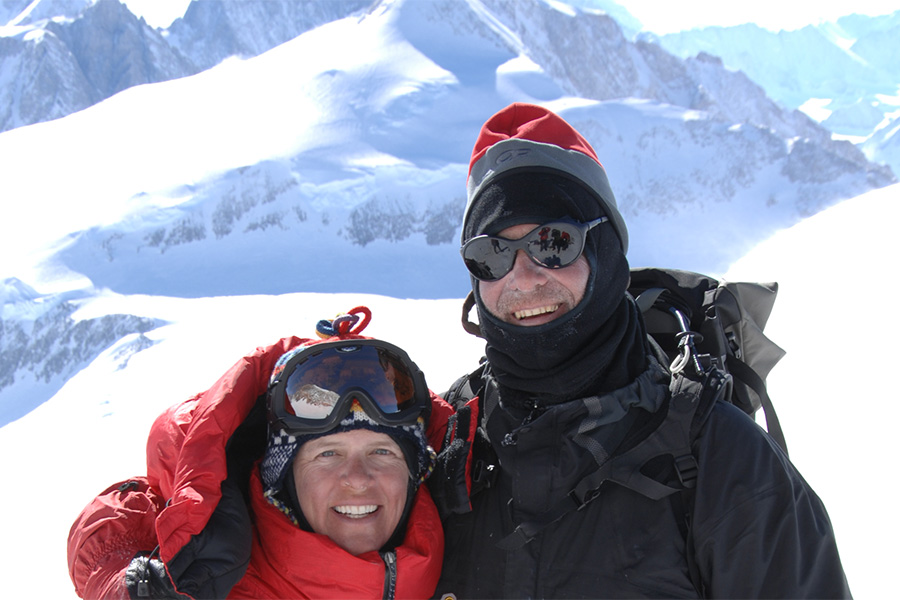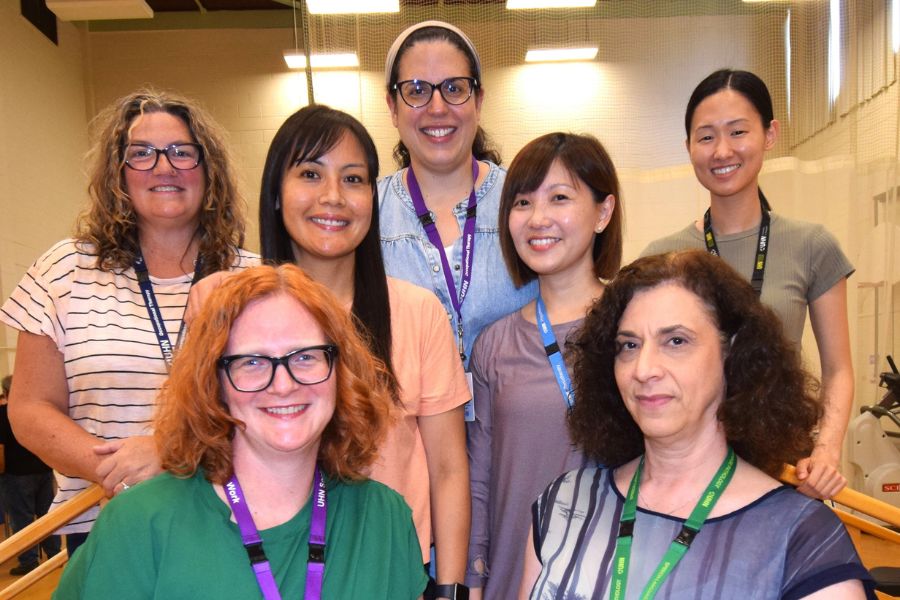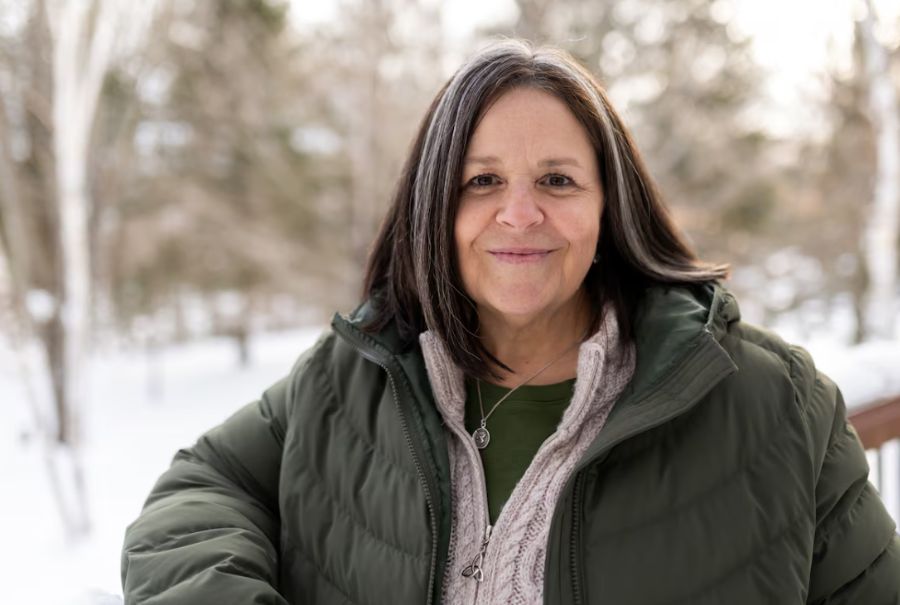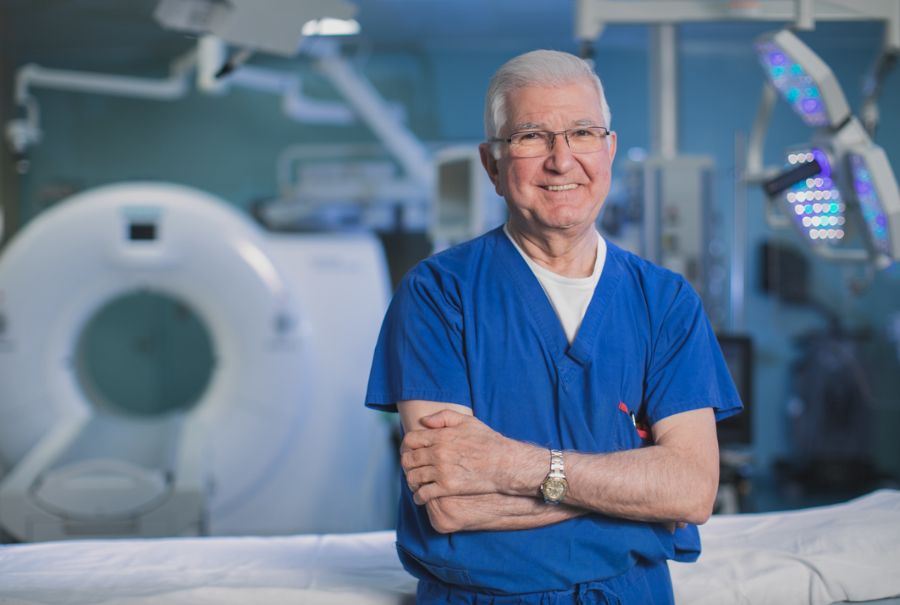
University Health Network’s (UHN) Dr. Heather Ross and heart transplant recipient Dale Shippam are in Ecuador to summit Mount Chimborazo.
If they are successful, Dale will become the first heart transplant patient to reach 6,263-metre altitude.
Mount Chimborazo is an inactive volcano and, even though it’s not the highest peak in the world, its summit is considered the furthest away from earth’s centre due to its location on the equator.
The three-week expedition will take the team through the unpredictable conditions and challenging climbs of the Andes before tackling the icy summit. The final climb will take place at night to avoid the warmest part of the day when the heat of the sun can increase the danger of rock falls and avalanches.
Chimborazo is the 10th expedition of Test Your Limits, which Dale and Dr. Ross, Division Head of Cardiology at UHN’s Peter Munk Cardiac Centre, began in Antarctica in 2006.
Pulmonary edema ‘opened my eyes to what it must feel like to be in heart failure’
The pair and their small but dedicated team have explored the North Pole and South Pole, cycled the base camp of Mount Everest and the Dempster Highway, trekked across Greenland and Bhutan, and navigated the white water rapids of the Nahanni River in the Northwest Territories.
But these tremendous “bucket list” accomplishments are more than just physical challenges to Dr. Ross.
“The first trip to Antarctica taught me a lot – maybe the most of any trip,” she says.
Dr. Ross suffered altitude sickness, which progressed to pulmonary edema, a lift-threatening condition cause by fluid buildup in the lungs. As a result, Dr. Ross was unable to summit Vinson Massif – Antarctica’s highest peak.
“We were so close to the top,” she wrote on the Test Your Limits blog. “Dale could easily have made it.
“But he never suggested that he go on without the team. He said, ‘we came in as a team, and we’re leaving as a team.'”
Experiencing severe shortness of breath – a symptom of heart failure – was an experience Dr. Ross credits as a “greater push in the director of truly patient-centred care.”
“I’d like to think that I’ve always been an advocate for patient-centred care, but that experience really opened my eyes to what it must feel like to be in heart failure,” she says. “You need to understand the patient journey to change it, and hopefully, improve it.”
Pushing the boundaries with ‘disruptive thinking’ in cardiac care
Since its launch in 2006, Test Your Limits has raised $4 million dollars for innovative technologies to help patients in heart failure. Before ventricular assist devices (VADs) – mechanical hearts – were funded by the government, Test Your Limits helped to purchase VADs for patients.
The initiative also funded the award-winning app, Medly, a fit-in-your pocket companion for day-to-day heart care powered by software and artificial intelligence.
“Test Your Limits has achieved so much,” says Dr. Ross. “We want to continue to push the boundaries with disruptive thinking and innovative technology.”
This year’s Test Your Limits expedition will fund the continued development of artificial intelligence-driven devices and wearable technology that can predict cardiopulmonary performance, especially in patients with heart failure.
“There’s still so much to do,” says Dr. Ross. “We have the energy and we have the will.”
For Dr. Ross’s live updates from the Chimborazo expedition, visit testyourlimits.ca


